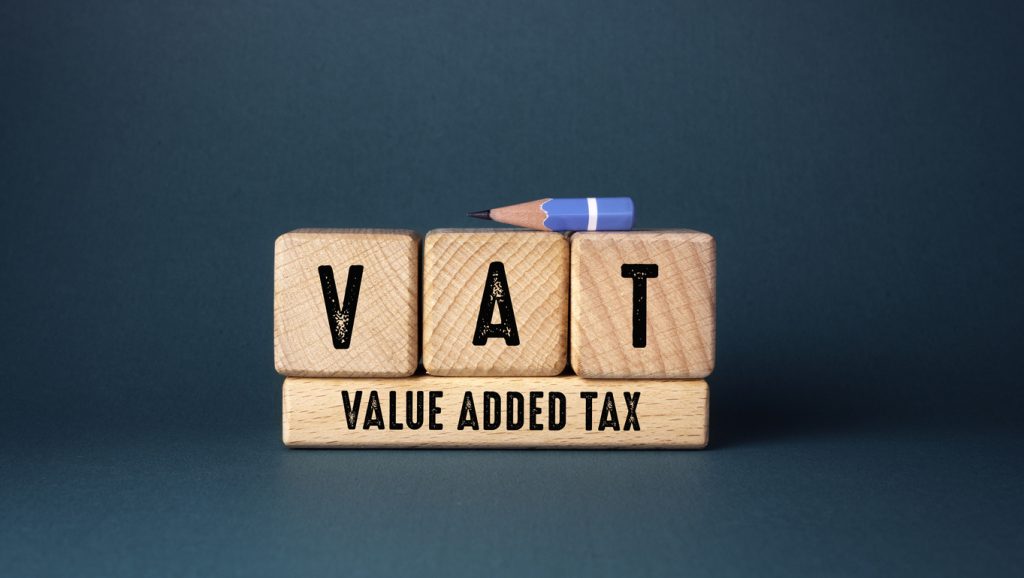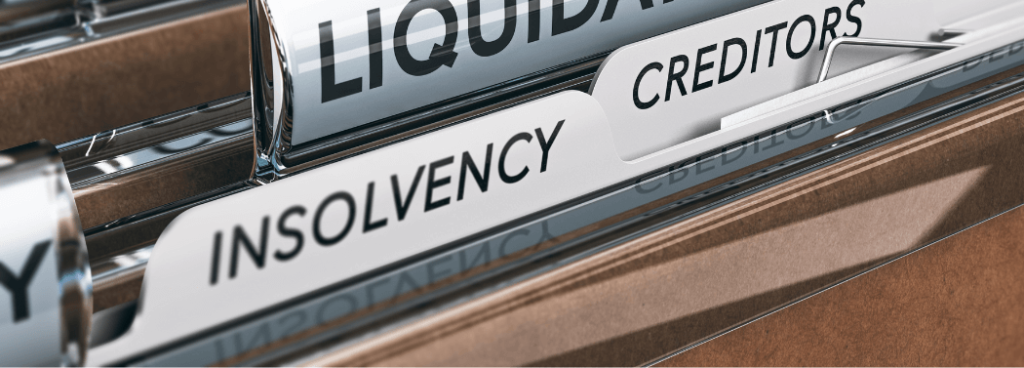
Get in Touch
Our team of accountancy experts are available to speak to you as soon as possible. You can also email us or complete the contact form and one of the team will be in touch.
A dividend is a sum of money that you might receive if you own shares in a profitable limited company. Only limited companies can pay them. If you’re a sole trader, you won’t be able to extract dividends as income from your business.
In order to pay shareholders dividends, the limited company directors have to all get together to “declare” the funds that they’ll be releasing. The payment can only come out if the company makes a profit – and it’s deducted after Corporation Tax and VAT. Dividends are a very tax efficient method of extracting income from a company.
Dividends are taxable, however they are taxed at a different rate to your normal income. See our table below to see the tax charges on your dividends, depending on your total income of salary and dividend.
| Annual salary | Tax bracket | Tax rate |
| Up to £12,570 | Personal allowance | 0% |
| £12,571 – £50,270 | Basic rate | 8.75% |
| £50,271 – £125,140 | Higher rate | 33.75% |
| £125,140+ | Additional rate | 39.35% |
How do I pay tax on my dividends?
Your method of paying tax on your dividends is dependent on the amount you earn in dividends that year.
- If you earn between £1,000 and £10,000, you can either do a Self Assessment tax return or pay through your PAYE tax code
- If you earn over £10,000 from dividends, you have to file a Self Assessment tax return
Frequently Asked Questions
-
Do I need to pay National Insurance on dividends?
No – National Insurance is not payable on dividends.
-
Do I pay tax on the whole dividend?
The first £1000 of your dividend payment is actually tax-free, so you would pay on everything beyond that Personal Allowance. For comprehensive advice about the most tax-efficient dividend claims to make, get in touch today!
Search More Terms
View our latest news & insights






